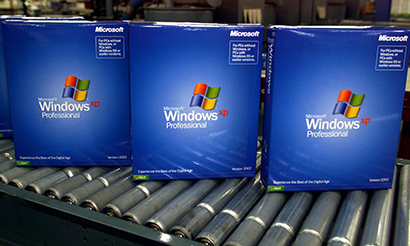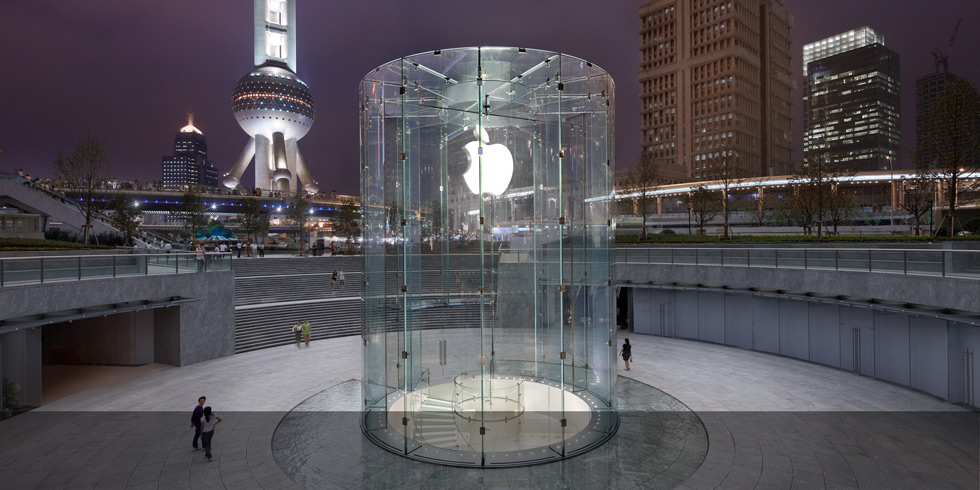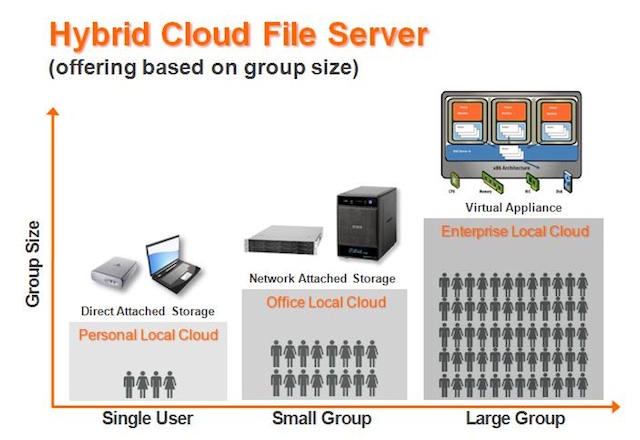All Things D today reports that Microsoft is considering a major restructure to reflect changed computing markets.
One of the big messages from The State Of The Internet report is we are seeing three simultaneous changes to the computer industry – the shift from personal computers to smartphones, tablet computers and wearable systems – and Microsoft is at the centre of these transformations.
One graph, first released by Aysmco and expanded in the Meeker presentation, illustrates how fundamental these shifts are to Microsoft’s business.

Microsoft’s domination of the computer industry was almost total at the beginning of the century and remained so until the iPhone was released in 2007. Then suddenly things changed.
With the success of Android and the iPad, the market shifted dramatically against Microsoft and the WinTel market share is now back to 1985 levels when the Commodore 64 was a credible competitor.
The change that Microsoft faces shouldn’t be understated, although the company’s strengths with products like Office, Azure and Hotmail (or whatever this year’s name for their online mail product is) give the once untouchable incumbent some opportunities, particularly in the cloud.
At the end of Mary Meeker’s presentation at the D11 conference, Walt Mossberg asked her about Microsoft’s view that tablets and smartphones are just new computing platforms. Meeker dismisses that with the observation that the data is clear, the market has shifted to Apple and Google.
“Google and Apple are driving innovation,” says Meeker. “Microsoft is not.”
The numbers aren’t lying for Microsoft. That’s why Steve Ballmer has to move fast and think creatively about the company’s future.




